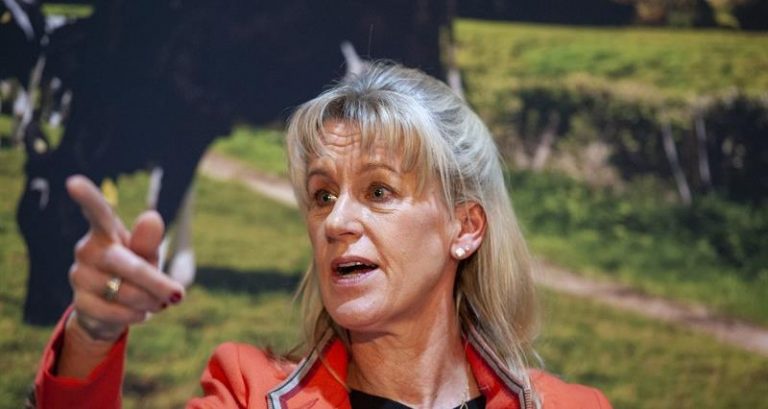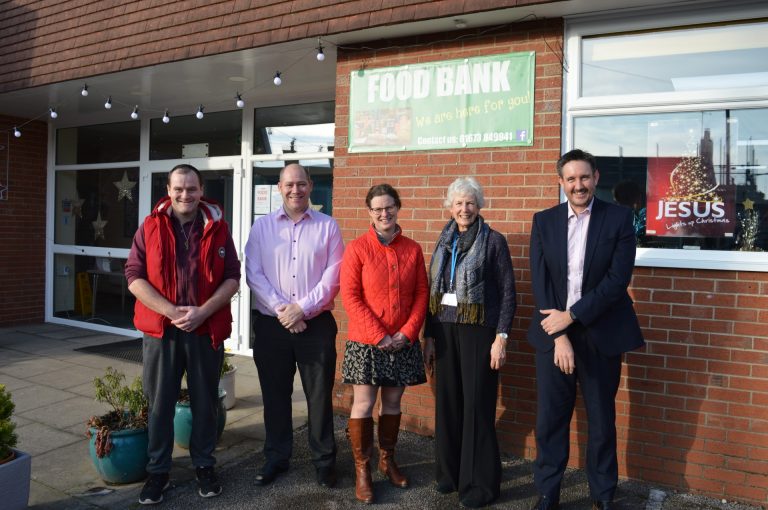Contractor Clegg Construction has handed over hundreds of pounds worth of food, toiletries, nappies and other items to Maltby Foodbank in Yorkshire.
The company is partnering with Maltby Learning Trust on a £5.9m renovation scheme to repurpose the derelict Maltby Grammar School near Rotherham.
As part of its commitment to the local community, Clegg Construction held a collection for Maltby Foodbank at its head office in Nottingham and at the site.
Clegg Construction pre-construction director, Ross Crowcroft, said: “Supporting the local community wherever we are involved in a project is very important to us.
“Our teams, sub-contractors and associates have been extremely generous with their donations, and I’d like to thank them for their kindness. We hope their support will make a big difference to families and individuals in the Maltby area who are in crisis.”
Approximately 3% of families in the UK – at least 2.1m people – used a food bank in the year ending March 2022. Maltby Foodbank gave out 391 three-day emergency food supplies to people in crisis last year.
The donations from Clegg Construction – which weighed an impressive 212.5kg – were handed over at the foodbank, which is based at the Full Life Church in High Street, Maltby, and is part of a nationwide network of foodbanks supported by The Trussell Trust. They included £200 worth of donations from Linsco, a Nottingham-based recruitment company working in the building, construction and property sector.
Denise Cropper from Maltby Foodbank said: “Since 2015, Full Life Church has run our local food bank in partnership with Trussell Trust. Together, we serve around 516 families a year.
“We are extremely grateful for this generous donation from Clegg Construction, its staff and associates. Our local community is really struggling with the rising costs, and this will help so many families in their time of crisis.
“We want to make sure that no one in our local community has to go hungry, but we rely on the generosity of our supporters to help us. Donations such as these can make a real difference and we’d like to thank everyone for their support.”
The collection and donation from Clegg Construction is part of a wider commitment to the Maltby area, with the company also planning to support Maltby Academy students with careers advice.
Built in the early 1930s, Maltby Grammar School closed in 2012 and had fallen into a state of disrepair after being mothballed.
Maltby Learning Trust is now bringing the historic building back into use creating an incubator space for training and apprenticeships, bookable workspaces and serviced hot-desking, and start-up support for the leisure and hospitality sectors.
The re-purposed building – known for its impressive clock tower – will also extend Maltby Learning Trust’s Post 16 specialist facilities for students who attend Maltby Academy and Sir Thomas Wharton Academy sixth form. As part of the project, Clegg will preserve and repair the clock tower, which hasn’t worked for over 8 years.
Other members of the team on the project, which is being supported by £4.5m from The Levelling Up Fund, include Self Architects, engineer GCA Ltd and employer’s agent and project manager Cube.












